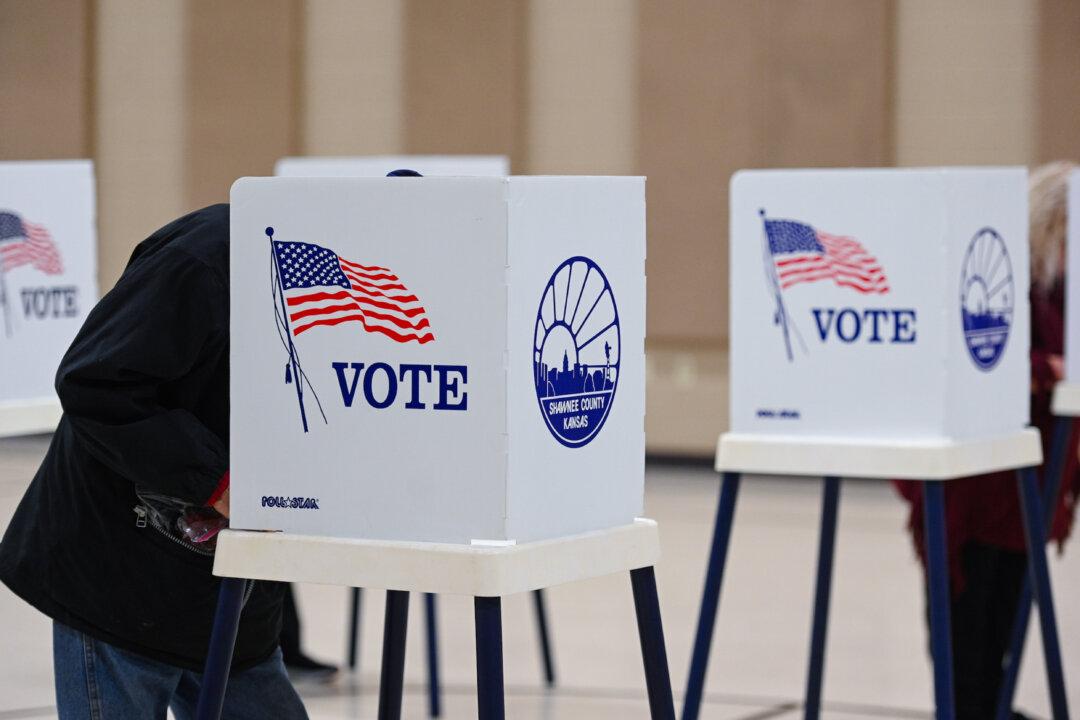A divided Kansas Supreme Court on May 31 issued a response to a lawsuit challenging the constitutionality of three election integrity laws stemming from the 2020 election, affirming in part and reversing in part lower court rulings on the long-standing dispute.
All three laws were created in 2021 in the aftermath of heightened concerns surrounding alleged fraud in the 2020 general election. Kansas Gov. Laura Kelly, a Democrat, vetoed the bills, but the Republican-led Kansas Legislature voted to override her veto.





